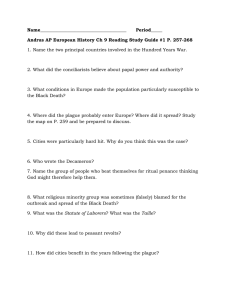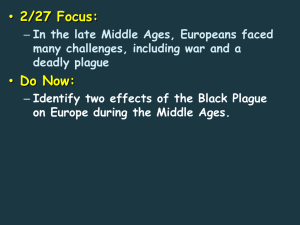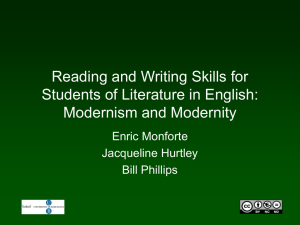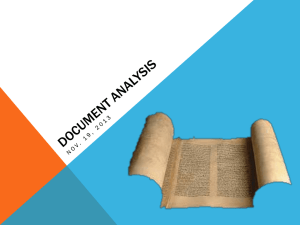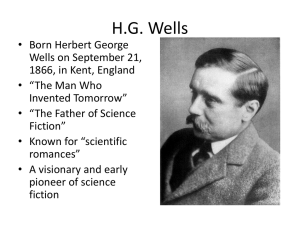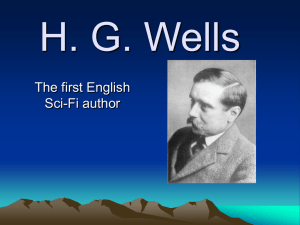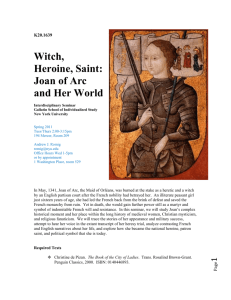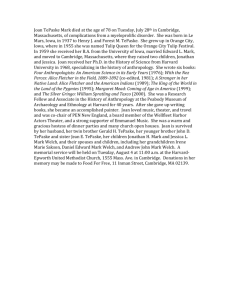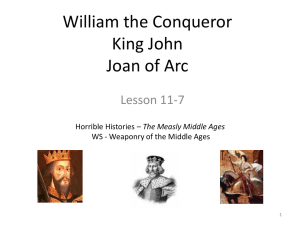Haptic Histories: Joan of Arc, Jim Crow and the *Irish Question*
advertisement
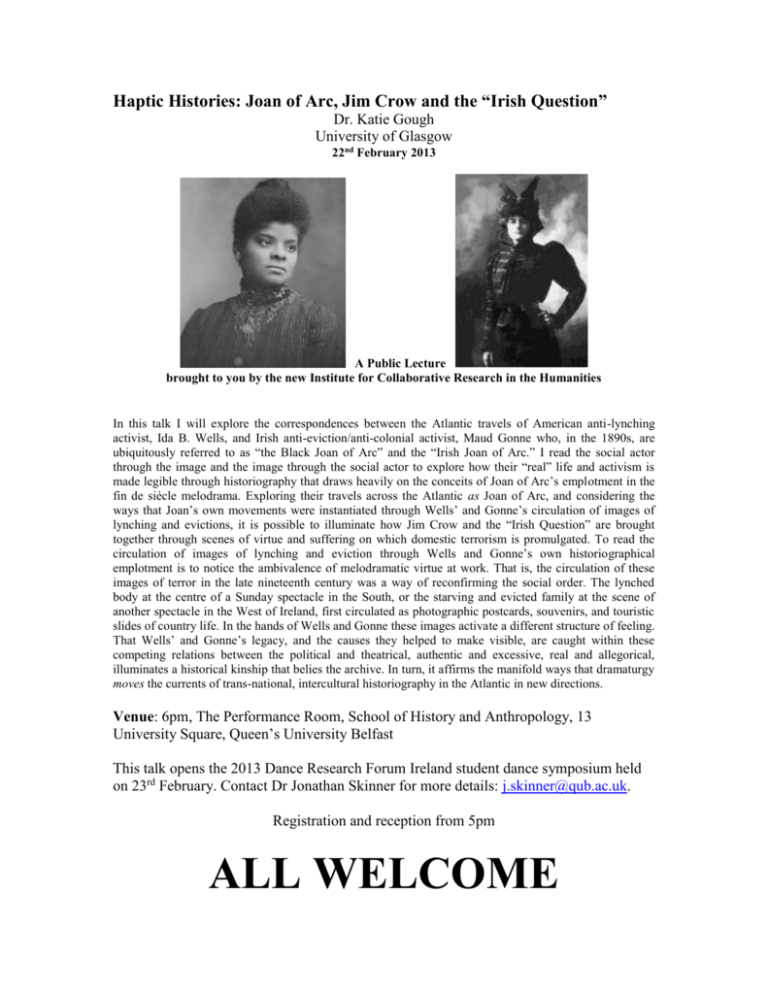
Haptic Histories: Joan of Arc, Jim Crow and the “Irish Question” Dr. Katie Gough University of Glasgow 22nd February 2013 A Public Lecture brought to you by the new Institute for Collaborative Research in the Humanities In this talk I will explore the correspondences between the Atlantic travels of American anti-lynching activist, Ida B. Wells, and Irish anti-eviction/anti-colonial activist, Maud Gonne who, in the 1890s, are ubiquitously referred to as “the Black Joan of Arc” and the “Irish Joan of Arc.” I read the social actor through the image and the image through the social actor to explore how their “real” life and activism is made legible through historiography that draws heavily on the conceits of Joan of Arc’s emplotment in the fin de siècle melodrama. Exploring their travels across the Atlantic as Joan of Arc, and considering the ways that Joan’s own movements were instantiated through Wells’ and Gonne’s circulation of images of lynching and evictions, it is possible to illuminate how Jim Crow and the “Irish Question” are brought together through scenes of virtue and suffering on which domestic terrorism is promulgated. To read the circulation of images of lynching and eviction through Wells and Gonne’s own historiographical emplotment is to notice the ambivalence of melodramatic virtue at work. That is, the circulation of these images of terror in the late nineteenth century was a way of reconfirming the social order. The lynched body at the centre of a Sunday spectacle in the South, or the starving and evicted family at the scene of another spectacle in the West of Ireland, first circulated as photographic postcards, souvenirs, and touristic slides of country life. In the hands of Wells and Gonne these images activate a different structure of feeling. That Wells’ and Gonne’s legacy, and the causes they helped to make visible, are caught within these competing relations between the political and theatrical, authentic and excessive, real and allegorical, illuminates a historical kinship that belies the archive. In turn, it affirms the manifold ways that dramaturgy moves the currents of trans-national, intercultural historiography in the Atlantic in new directions. Venue: 6pm, The Performance Room, School of History and Anthropology, 13 University Square, Queen’s University Belfast This talk opens the 2013 Dance Research Forum Ireland student dance symposium held on 23rd February. Contact Dr Jonathan Skinner for more details: j.skinner@qub.ac.uk. Registration and reception from 5pm ALL WELCOME
